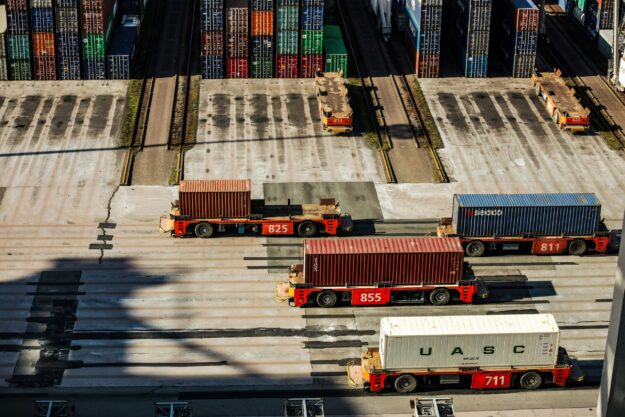Thai Trainees Enhance Skills in Advanced Fruit Logistics and Modern Agriculture Techniques in China
A specialized training class on fruit logistics has commenced for 10 participants from southern Thailand in Haikou, the capital of China’s tropical province of Hainan. Starting on Sunday, the course will provide cutting-edge knowledge on tropical fruit logistics and processing, alongside the latest technologies and development trends in modern and smart agriculture. The trainees will…
Details









